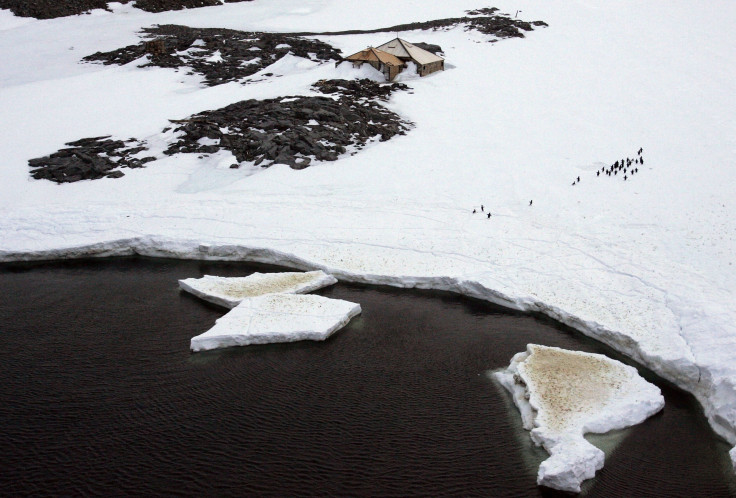France-sized East Antarctic Totten Glacier melt may kill millions as it can lift ocean levels by 2 metres

Researchers are worried as the rapidly melting Totten Glacier atop East Antarctica may raise ocean levels by two metres. The scientists believe that could be the “tipping point” of no return. Millions of people living in coastal areas may be wiped out if such a thing happens. Researchers were only worried about the West Antarctic ice sheets and the Greenland glacier melt. The new research now adds the Totten Glacier, which is the size of France, as another driver of sea level rise.
Andy Shepherd, the director of the NERC Centre for Polar Observation and Modelling at the University of Leeds in England, describes the Totten Glacier as “a slumbering giant.” The United Nations said that global temperatures are set to increase by an additional two degrees despite pledges by 195 nations to cut greenhouse gas emissions.
Martin Siegert, co-director of the Grantham Institute and Department of Earth Science and Engineering at Imperial College London and the study's senior author, revealed that the Totten Glacier melt should be considered as a wake-up call for experts around the world. The glacier’s underbelly is melting at a rapid pace due to warm and salty seawater flowing hundreds of kilometres inland after passing through underwater gateways.
Siegert predicted that by the end of the century, the planet’s great global cities near the seas will have two to three metres high sea defences all around them. The findings of the study were published in the journal Nature.
Until recently, the East Antarctic ice sheet was considered stable. However, new research has recognised Totten Glacier as the most vulnerable among all East Antarctic glaciers as a result of climate change. The glacier has about a 100km stable zone before the 200km unstable area begins.
“We have in this system at least a little bit of breathing space to cope with some temperature increase because of that stable zone. But if we exceed that point, then we're looking at a large additional contribution that could have been avoided if we stuck to our target,” Dr. Alan Aitken of the University of Western Australia and co-author of the study told the ABC.





















